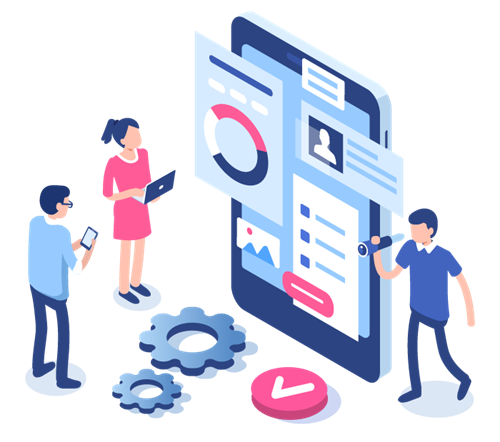The Ultimate Duo: Enhancing Customer Service with Chatbots and Live Chat
by Erina Suzuki | Published On June 30, 2022 | Last Updated February 7, 2025
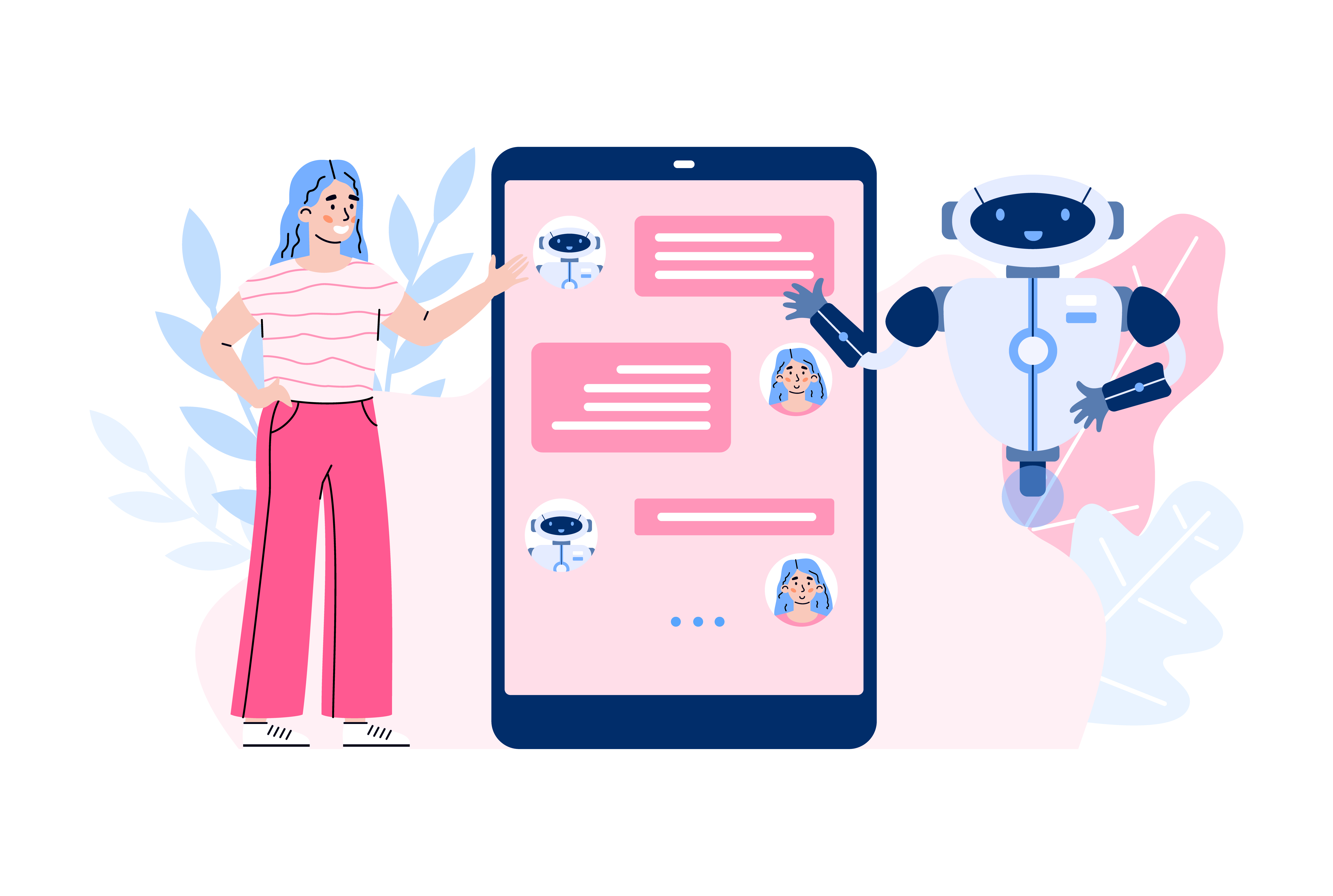
To maximize the benefits of Chatbot and Live Chats to achieve your overall customer service goals, you need to understand what they are and each of their benefits.
Chatbots and Live Chat are two powerful tools that help businesses streamline communication, reduce wait times, and improve customer satisfaction. But how do you know which one to use—or if you need both?
In this guide, we’ll explore the key differences, benefits, and how to maximize the power of Chatbot and Live Chat for seamless customer service experiences.
What is a Chatbot? AI-Powered Customer Support Explained
A chatbot is an AI-powered tool that automates customer interactions using Natural Language Processing (NLP) and machine learning. According to IBM, chatbots can understand customer inquiries and provide instant responses, often mimicking human conversation.
With advancements in AI, chatbots are now capable of handling more complex queries and anticipating customer needs based on specific keywords.
But what are the benefits of using a chatbot in your customer service? Continue reading to find out.
Top 5 Benefits of Using a Chatbot for Customer Service
1) 24/7 Customer Support
The increasing expectations of today's customers mean that they now want quick and convenient ways to connect to an organization’s support. With a chatbot, your organization can assist customers around the clock, including outside hours of operation. Keeping a staffed contact center 24/7 with human agents is challenging and costly, especially for small and medium-sized organizations. Chatbots enable organizations to automate responses and provide self-service options, eliminating wait times. This empowers customers to resolve issues quickly and conveniently at their own pace.
2) Reduce Agent Workload
Automate responses to frequently asked questions (FAQs) to provide customers with instant answers. Common FAQs include operating hours, return policies, and shipping details. However, chatbots can do more than just answer basic inquiries—they can also assist with tasks like scheduling appointments and processing payments. By handling these routine requests, chatbots free up agents to focus on more complex customer issues, improving efficiency and customer service.
3) Provide Customers with Self-Service Options
According to Nuance Enterprise, 67% of customers prefer to use self-service options instead of speaking to an organization’s representative. With self-service options, customers can take matters into their own hands. Customers can find answers and step-by-step instructions to resolve problems with the help of self-service. As a result, it saves your agents time and improves your customers’ satisfaction.
Common self-service options include retrieving account information, checking shipping updates, and more. For more complex inquiries, chatbots can efficiently triage and route web chat requests to the appropriate representative for further assistance.
4) Deliver Consistent Customer Experiences
When customers interact with live agents, the quality of service can vary. A chatbot ensures a consistently excellent customer experience by maintaining a uniform tone, voice, and context. Unlike human agents, chatbots eliminate spelling errors and reduce the risk of misinterpretation, ensuring accurate and reliable responses.
5) Improve Personalization
Statista shared that 64% of businesses believe that chatbots will allow them to provide a more customized support experience for their customers. A chatbot can gather contextual information from customers before handing off the conversation to a live agent. Contextual information saves your agents time and customers from repeating themselves by sharing their previous interaction. This is especially helpful if your customers are already feeling frustrated due to long wait times.
Additionally, chatbots are becoming more intelligent as AI and machine learning advance. Chatbots can pick up specific keywords and provide personalized recommendations to determine if the problem can be resolved before passing the interaction on to an agent.
What is a ‘Live Chat’? Human-to-Human Customer Engagement
Live Chat connects customers with human agents in real time via chat. Unlike chatbots, live chat provides human support for complex issues, crisis resolution, and personalized interactions.
Almost all of us have used a live chat to communicate with a representative for our banking advice, shopping needs, and more.
According to McKinsey & Company, 52% of customers want to speak to a live agent when facing a crisis and needing a solution to a problem with a product or service. They are often preferred when customers need immediate support because a person can assist them in real time.
Live chats go beyond answering immediate inquiries. Continue reading to find out how live chat can enhance your organization’s customer service.
Top 3 Benefits of Using Live Chat for Customer Service
1) Build Stronger Customer Relationships
While chatbots can personalize specific interactions, they may still fall short of a live representative when it comes to delivering a personalized human response. A CGS study finds that 86% of consumers prefer to interact with a human agent and 71% of consumers would be less likely to use a brand if they knew that brand didn't have human agents available. Live chat allows agents to provide empathetic, personalized support, which chatbots may lack.
Personalized interactions in live chat create a more humanized support experience, increasing trust and loyalty. Live agents can recognize returning customers, recall previous issues, and provide tailored recommendations—elements that contribute to a more positive customer journey and improved retention rates. Authentic human engagement builds rapport and encourages repeat business.
2) Resolve More Complex Issues
Live chat agents that have access to customer interaction histories with a CRM integration, allowing them to understand past interactions and tailor their responses more effectively. While advanced natural language chatbots can engage in dynamic conversations and adapt based on user input, human agents have the unique ability to ask nuanced follow-up questions and provide personalized solutions that address specific customer needs. This ability to problem-solve in real time makes live chat a crucial tool for resolving complex issues effectively.
3) Increase Conversions and Leads
Live chat is not just for resolving customer issues; it is also a powerful tool for lead generation. For many years, customers have used live chat to communicate with organizations in order to resolve issues. While this is still true, live chat can be used as an effective tool to generate qualified leads. According to HubSpot, 90% of customers rate an "immediate" response as important or very important when they have a customer service question. A live chat on your website allows prospects to ask questions on a product or service in real time, leading to faster decision making.
Chatbot vs Live Chat: Which One is Best for Your Business?
There is no clear winner when choosing between a chatbot and a live chat, as each has its unique advantages. As mentioned earlier, the human element in customer service is critical for many customers and speaking with an automated chatbot cannot always solve all problems, especially complex ones.
There is no one-size-fits-all answer—both chatbots and live chat complement each other to provide the best customer service experience. Here’s a quick comparison:
Feature | Chatbot | Live Chat |
Availability | 24/7, instant response | Limited to business hours |
Response Time | Immediate | Fast, but depends on agent availability |
Complexity Handling | Best for FAQs, simple queries | Best for complex issues and crisis management |
Customer Experience | Standardized responses | Personalized, empathetic responses |
Cost and Scalability | Cost-effective, scales easily | Higher cost, limited by agent capacity |
For organizations to provide great customer service and deliver excellent experiences, chatbots and live chat should be used in tandem. In fact, they actually make each other work better together.
How Chatbots and Live Chat Work Together for Better Customer Service
- Chatbots can be the first line of communication with your customers, followed by live agents: Chatbots serve as the first line of communication, instantly responding to customer queries. By automating responses to frequently asked questions and common issues, they help reduce response times and improve customer satisfaction.
- Seamless handoff to live agents when needed: While chatbots handle basic queries well, some customer concerns require human intervention. In such cases, a chatbot can escalate the conversation to a qualified human agent. Advanced chatbot systems can use skills-based routing to ensure that customers are directed to the most appropriate agent, minimizing resolution time and frustration.
- Chatbots save agents’ time from mundane tasks: By handling routine and repetitive inquiries, chatbots allow live agents to concentrate on more in-depth and emotionally sensitive issues. This not only enhances customer experiences but also increases job satisfaction for agents, as they can apply their skills to problem-solving and customer engagement rather than repetitive tasks.
Final Thoughts: The Best of Both Worlds
Customer service success isn’t about choosing between chatbots or live chat—it’s about using them strategically together. Businesses that implement both solutions can optimize efficiency, reduce operational costs, and provide seamless, high-quality customer experiences.
Want to transform your customer service strategy? Discover how chatbots and live chat can work together to enhance customer satisfaction. Contact us today to see how our solutions can help!
More from our blog
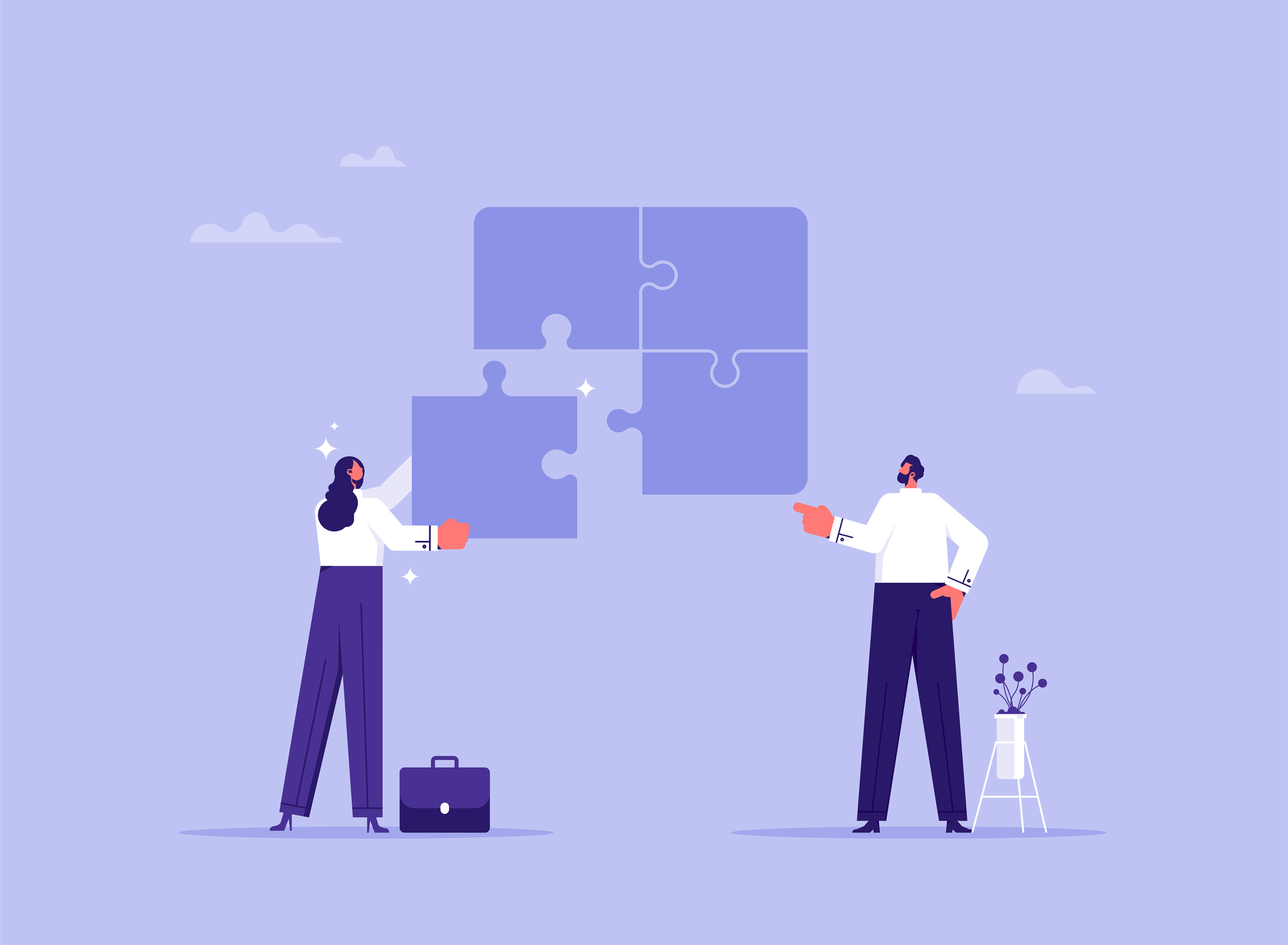 Discover how Microsoft Teams call center partners enhance CX, streamline operations, and help businesses unlock Teams’ full contact center potential.
Discover how Microsoft Teams call center partners enhance CX, streamline operations, and help businesses unlock Teams’ full contact center potential.
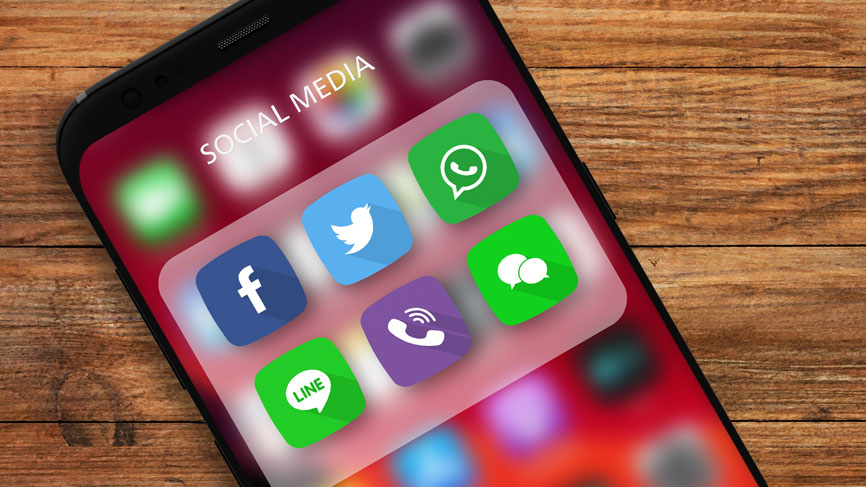 More and more customers are turning to social media when contacting an organization. They are using the communication platforms they use in their everyday lives and expect increased customer service when their issues are exposed in public. The expectations have...
More and more customers are turning to social media when contacting an organization. They are using the communication platforms they use in their everyday lives and expect increased customer service when their issues are exposed in public. The expectations have...
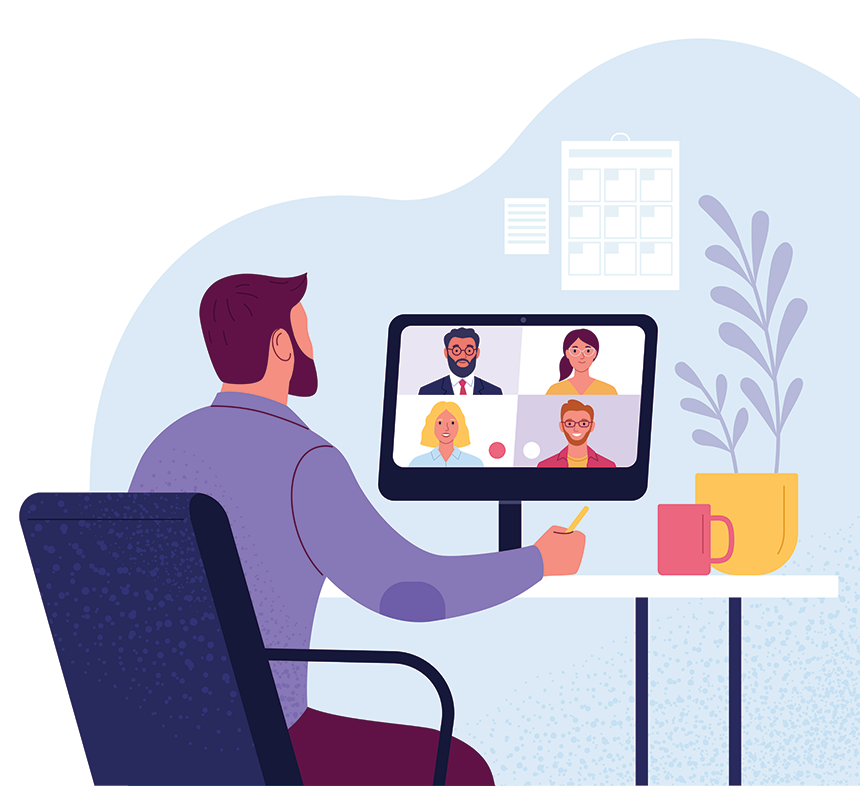 Are you using these features and settings?
Are you using these features and settings?

